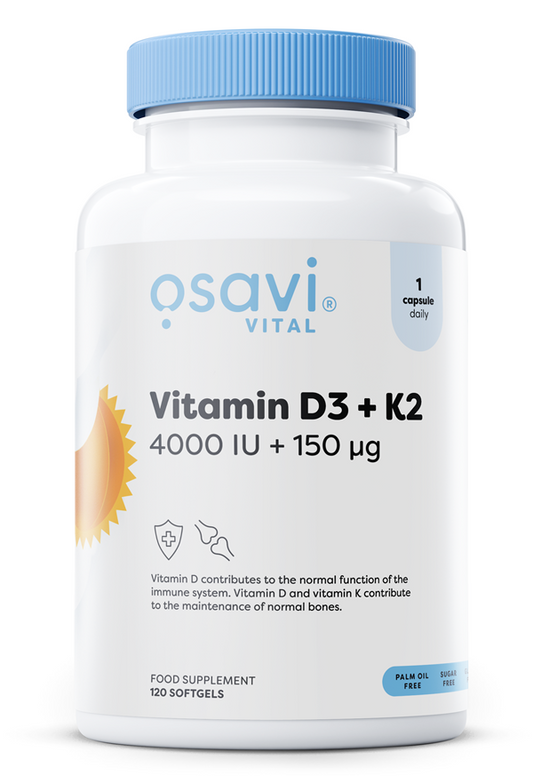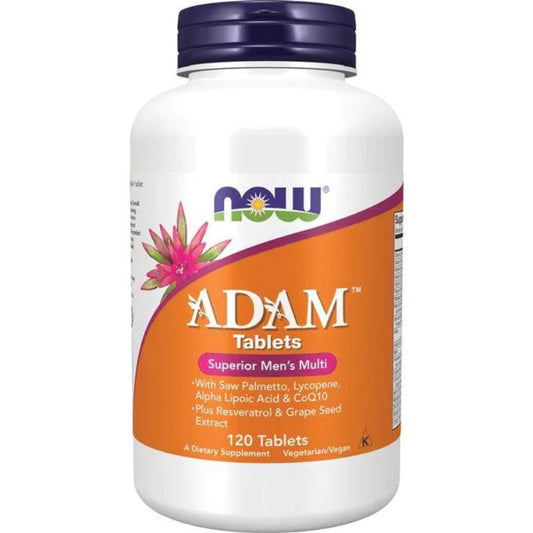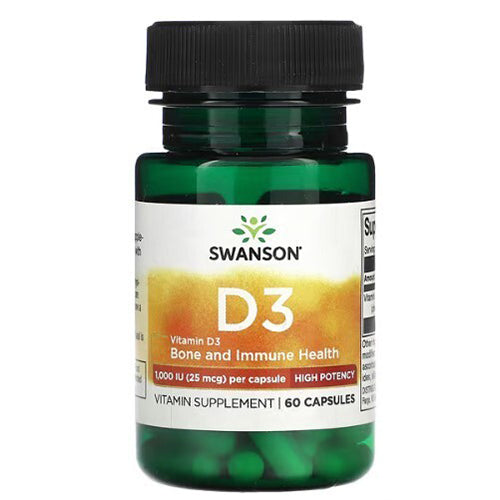
Can You Overdose on Vitamins and Minerals? Understanding Their Functions and Safe Use
Jakub SkibaVitamins and minerals are essential nutrients that play countless roles in the body. From supporting energy metabolism and bone structure to aiding nerve function and maintaining healthy skin, each nutrient has a unique job. However, many people take supplements without fully understanding what each vitamin or mineral does, how much is needed, or the potential effects of excessive intake. While deficiencies can cause issues, consuming more than necessary—particularly through high-dose supplements or multiple fortified products—does not automatically improve health and can sometimes lead to discomfort or imbalances. Education is key: knowing the function of each nutrient helps you make informed choices, avoid unnecessary supplementation, and optimize your nutrition through food first. Understanding the balance between nutrients is also important, as some minerals and vitamins interact with each other, influencing absorption and effectiveness. For example, calcium, magnesium, and zinc compete for absorption, while vitamin C enhances iron uptake. Supplements can be valuable when gaps exist in the diet, but awareness of their role, recommended daily intake, and potential for excess ensures they are used safely. This article explores common vitamins and minerals, their functions in the body, how excessive intake may impact overall well-being, and practical strategies to maintain a balanced approach to supplementation.
What Is Vitamin and Mineral Overload?
Vitamin and mineral overload happens when intake exceeds the body’s typical needs. This usually occurs through high-dose supplements rather than regular foods, as whole foods rarely provide excessive amounts. Fat-soluble vitamins (A, D, E, K) are more likely to accumulate in tissues, while water-soluble vitamins (B-complex, C) are generally excreted through urine, though very high doses can still cause issues. Minerals can also build up in the body when consumed in large quantities over time.
Common Nutrients and Their Functions
Vitamin A
-
Function: Supports vision, skin health, and cell growth.
-
Excess Effects: Can accumulate in the body if overused.
Vitamin D
-
Function: Supports calcium absorption and bone strength.
-
Excess Effects: Very high intakes may lead to elevated calcium levels.
Vitamin E
-
Function: Acts as an antioxidant, helping protect cells.
-
Excess Effects: High doses can interfere with certain blood clotting processes.
Vitamin B6 (Pyridoxine)
-
Function: Supports energy metabolism and nerve function.
-
Excess Effects: Extremely high doses can affect coordination and cause tingling sensations.
Vitamin C
-
Function: Antioxidant, supports collagen formation and iron absorption.
-
Excess Effects: Very large amounts may contribute to digestive changes or kidney stone formation in susceptible individuals.
Iron
-
Function: Vital for oxygen transport and energy production.
-
Excess Effects: Overuse can create imbalances with other minerals and digestive discomfort.
Calcium
-
Function: Supports bones, teeth, and muscle function.
-
Excess Effects: Excessive intake may interfere with absorption of other minerals.
Zinc
-
Function: Plays a role in growth, immune support, and enzymatic reactions.
-
Excess Effects: High doses can reduce absorption of copper and affect digestion.
Selenium
-
Function: Supports antioxidant activity and protein function.
-
Excess Effects: Overconsumption can lead to hair and nail changes and other imbalances.
How Excess Intake Happens
-
Supplements: Using multiple supplements containing the same nutrients.
-
Fortified Foods: Consuming several products with added vitamins or minerals.
-
Interactions: Certain nutrients compete or enhance absorption, so combined intake can increase totals unintentionally.
Practical Tips for Safe Supplementation
-
Prioritize Food First: Whole foods provide nutrients in balanced forms with cofactors for better absorption.
-
Check Labels Carefully: Review all supplements and fortified foods to avoid cumulative high doses.
-
Follow Recommended Intake Levels: Refer to reliable sources like NIH or EFSA for RDAs and tolerable upper limits.
-
Use Supplements Intentionally: Fill dietary gaps rather than taking large doses indiscriminately.
-
Stay Informed: Understand the function of each nutrient and why you are taking it.










